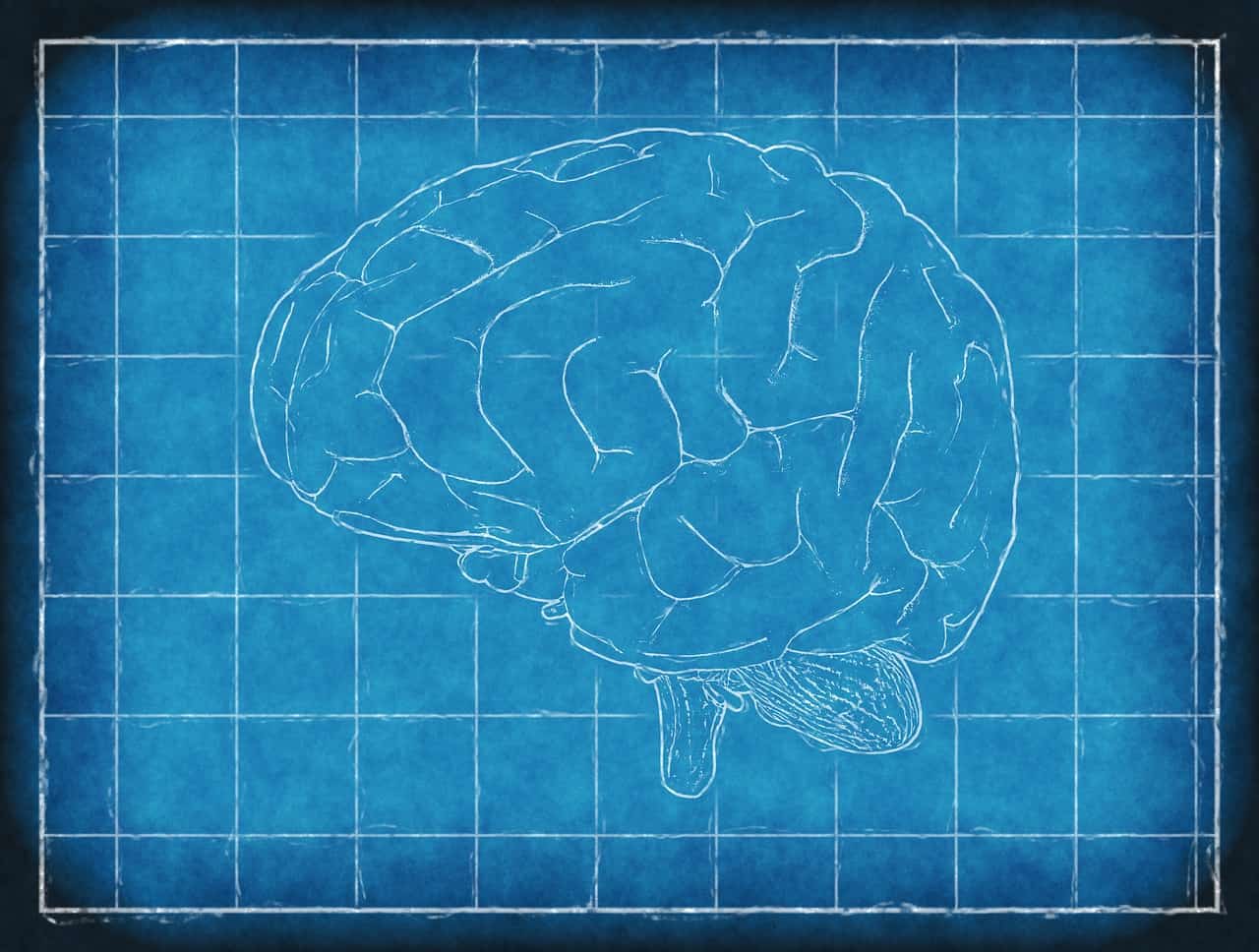
Concussions are common, particularly if you play a contact sport, like soccer or football. But every concussion injures your brain to some extent. Most concussive traumatic brain injuries are mild, and people usually recover fully. But sometimes they can cause lifelong consequences. In an attempt to reduce concussions, U.S. Soccer announced last week some new regulations designed to reduce concussions in youth soccer. Per the new rules, players ten and under will not be allowed to head the ball at all, and players 11 to 13 will only be allowed to head the ball during games.
Soccer is not the only sport that has the risk of concussion and brain injury. Football’s risk is much higher, according to recent CDC data, and all youth sports are evaluating new best practices on how to reduce the risk of head injury in youth sports. The CDC, in response to new research on the risks, launched an online training and certification program for youth coaches, to help them identify, prevent, and respond to potential concussion injuries. Some of the symptoms of moderate or severe concussion or brain injury: headache or “pressure” in head, nausea or vomiting, balance problems or dizziness, double or blurry vision, sensitivity to light, sensitivity to noise, feeling sluggish, hazy, foggy, or groggy, concentration or memory problems, confusion, just not “feeling right” or is “feeling down”.
If you suspect an athlete has a concussion, a coach should:
1. Remove the athlete from play.
2. Ensure that the athlete is evaluated by a health care professional experienced in evaluating for concussion. Do not try to judge the seriousness of the injury yourself.
3. Inform the athlete’s parents or guardians about the possible concussion and give them the fact sheet on concussion.
4. Keep the athlete out of play the day of the injury. An athlete should only return to play with permission from a health care professional, who is experienced in evaluating for concussion.